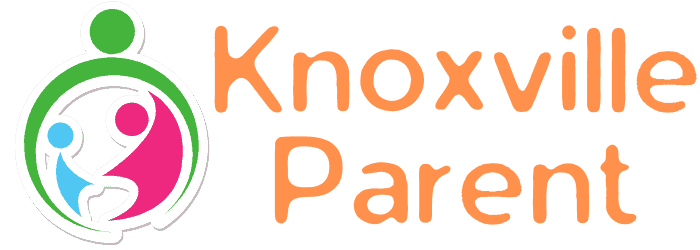By Michael K. Smith, Ph.D.
“It is a real art to construct educational activities that are enjoyable; many summer camps have perfected this combination.”
Summer camp brings kids together for learning and fun. Photo courtesy of Great Smoky Mountains Institute at Tremont.
Both of our sons have participated in several summer camps the past few years. Somewhat belatedly, I asked them the other day if they liked any of the camps. Fortunately, both said yes. “What did you like about them?” I asked. They both agreed on three qualities: they enjoyed learning new things; they liked meeting other people who shared their interests; and the camps were fun.
The first summer camps originated in Europe in the late 19th century. These “holiday” camps brought children together to enjoy nature and fellowship while they made tree houses, sang songs, flew kites, and played adventure games. Some current summer camps continue this experience of learning about nature and outdoor activities. However, the variety of educational offerings in summer camps has mushroomed in the past few decades. For instance, my sons participated in Camp Webb where they learned more about science, how to do digital photography, the basics of creative writing, and using Legos to build robots. Other places offer immersion programs in a foreign language that allow students to live in a different country for a month. Tennessee offers a variety of Governor’s Schools for high school students. Although these month long residential programs are called “schools”, they are really more like specialized summer camps. Students can learn in more depth an amazing variety of skills: computational physics, guitar, filmmaking, and international studies, to name a few. There are hundreds of other possibilities for summer learning, as evidenced by current listings in this issue of Knoxville Parent. The educational aspect of these summer camps is appealing not only to students but also to their parents.
Students can also meet other students that share a common interest. This fellowship and collaboration on a common theme for a week or a month can help produce enduring friendships. My oldest son found a friend in Science Camp two years ago; they have continued their collaboration as they independently learn more about chemistry. My youngest son has participated in several basketball camps. He has made friends that he continues to see in various interscholastic basketball leagues.
Finally, summer camps can be fun. We should not overlook this engaging aspect of an experience that promotes learning and friendship. Since summer camps are voluntary, their approach has to be interesting and entertaining; otherwise, parents would not recommend these camps to other parents. It is a real art to construct educational activities that are enjoyable; many summer camps have perfected this combination.
Writing this article makes me long for summer camps for adults. I wish my wife and I could take a week off from work, take the kids to their favorite summer camp, and then fly off to Italy for a gourmet cooking camp or to Hawaii to learn how to surf board. That would be my idea of lifelong learning! However, I am glad my children have a multitude of opportunities in the summer to learn, make friends, and have fun.
Michael K. Smith, Ph.D., is owner of TESTPREP EXPERTS (www.testprepexperts.com ) which prepares students for standardized tests such as the ACT and SAT. He is also a consultant to Discovery Education Assessment. He can reached at [email protected].
Related posts
Newsletter Subscribe
Newest Posts
Set Up a Parental Control for Online Safety
Have you ever wondered how long your children spend in front of a device without your supervision? Yes, it is…
Adopt A Life, Save A Life
By Jeff Ashin, CEO, Young-Williams Animal Center. Photo by: Young-Williams Animal Center Are you or your child thinking of adding…

